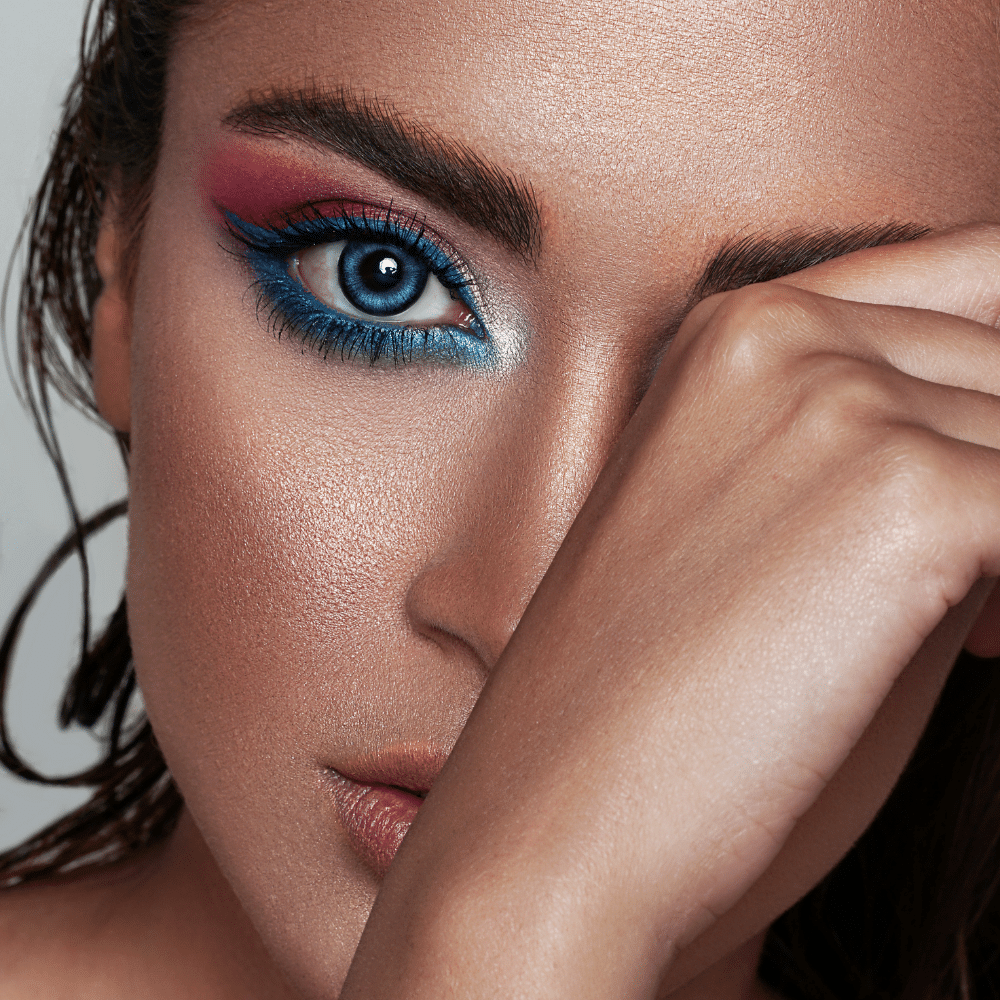Ads
We live in an age where artificial intelligence (AI) is rapidly transforming many facets of our daily lives. From our interactions with electronic devices to the way we conduct business, AI has become an integral part of our reality. But should we fear AI? It's a question that has sparked an important and exciting ethical debate. 🤔
This in-depth analysis seeks to unravel this ethical dilemma, providing a balanced and well-researched view on the subject. We'll explore different perspectives, analyzing the arguments both for and against the fear of AI. We'll also explore how AI may affect our lives in the future, both positively and negatively, and discuss the ethical implications. 🕵️♀️
Ads
The goal of this study is to facilitate a deeper understanding of artificial intelligence and its impact on society. The goal is not to instill fear, but to inform and educate. In the end, we hope this analysis will help you form your own opinion on whether we should fear AI or not. Go ahead, dive into this fascinating journey through the ethics of artificial intelligence! 🚀
The meaning of artificial intelligence
Artificial intelligence (AI) has become a ubiquitous technology in our daily lives. From virtual assistants to self-driving cars, AI plays a fundamental role in the evolution of our society. But what exactly does artificial intelligence mean?
Ads
At a basic level, AI refers to the simulation of human intelligence in machines. These machines are designed to learn and reason like humans. Therefore, AI can be said to be a combination of algorithms and data that allows machines to interpret and respond to specific situations.
Types of artificial intelligence
AI is classified into two main categories: weak AI and strong AI. Weak AI refers to systems that are designed and trained to perform a specific task, such as product recommenders or voice assistants. In contrast, Strong AI refers to systems that have the ability to understand, learn, adapt and apply knowledge to different contexts.
The ethical dilemma of artificial intelligence
As artificial intelligence becomes more advanced, new ethical questions arise. How do we ensure that AI is used fairly and responsibly? Who is responsible if a machine makes a mistake? How do we protect our privacy in an age of ubiquitous algorithms?
Justice and responsibility
A primary concern in AI ethics is fairness. AI has the potential to improve our lives in many ways, but it can also be used to discriminate and cause harm. For example, if an AI algorithm is biased, it can lead to unfair decisions in areas such as hiring or lending.
Privacy and security
Privacy is another important ethical concern in AI. Many AI technologies require large amounts of data to function effectively, which can lead to privacy intrusions. Furthermore, AI systems can be vulnerable to attacks that could compromise data security.
Artificial intelligence and fear
Many of the ethical concerns about AI stem from fear. We fear what we don't understand, and AI, with its complexity and ability to rapidly change our society, can certainly be frightening.
The fear of the unknown
Fear of AI is often based on uncertainty. We don't know how AI will develop in the future, nor what its long-term impacts on our society will be. This uncertainty can lead to fears about loss of control, inequality, and invasion of privacy.
The fear of obsolescence
There are also fears that AI could displace human workers, leading to job obsolescence. However, it's important to remember that technology can also create new jobs and opportunities.
The future of artificial intelligence
Despite the ethical challenges, AI has enormous potential to improve our society. It can help us solve complex problems, improve efficiency, and open up new opportunities.
AI and problem solving
AI has great potential to help solve complex problems, from climate change to healthcare. For example, AI algorithms can help scientists analyze large amounts of data to identify trends and patterns that can lead to innovative solutions.
AI and efficiency
AI can also improve efficiency in a variety of sectors. For example, in the logistics sector, AI algorithms can optimize delivery routes to save time and resources.
AI and opportunities
Finally, AI can open up new opportunities for innovation and economic growth. Companies that adopt AI will be able to offer better products and services, which can lead to increased productivity and competitiveness.
In short, AI presents significant ethical challenges, but it also offers considerable potential. Fear of AI is understandable, but we must also recognize its benefits. With proper regulation, transparency, and accountability, we can navigate these ethical dilemmas and fully realize AI's potential.
Conclusion
In conclusion, artificial intelligence (AI) is a powerful force that has the potential to transform our lives and societies in unimaginable ways. However, with this potential comes a host of ethical dilemmas that must be addressed. From issues of fairness and accountability to concerns about privacy and security, we must take steps to ensure that AI is used fairly and responsibly. Although fear of AI is understandable, we must strive to better understand this technology and recognize the benefits it can offer. At the same time, it is crucial that we work to minimize the risks associated with AI, including the possibility of bias, discrimination, and privacy violations. Ultimately, the future of AI depends on how we manage these ethical challenges. If we are able to navigate these dilemmas carefully and thoughtfully, AI has the potential to provide us with countless opportunities and benefits. Despite the fears and challenges it presents, AI offers a world of possibilities that can improve our society in incredible ways. With proper regulation and oversight, we can fully harness AI's potential while minimizing its risks.



